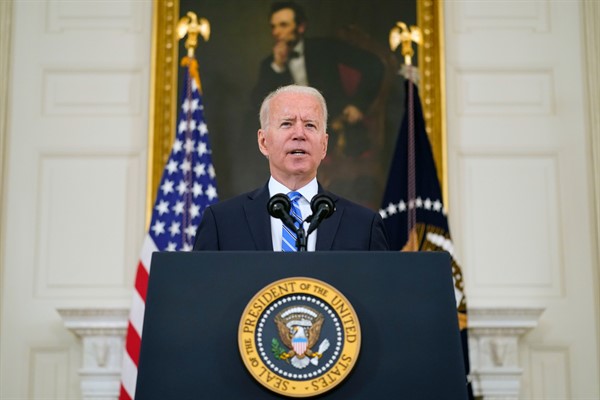In early June, President Joe Biden issued a memorandum “establishing the fight against corruption as a core United States national security interest” and ordering a significant mobilization of government resources to address this issue. The move comes amid heightened public awareness of the threats to democracy and security posed by transnational corruption, mainly due to the Panama Papers leaks that began in 2016 as well as the various investigations into allegations of malfeasance against former President Donald Trump and his associates.
Yet while some federal agencies and departments have taken steps to turn Biden’s laudable rhetoric into reality, it still isn’t clear exactly what form America’s war on kleptocracy will take.
Biden is not the first U.S. president to recognize the need to combat global graft. As far back as 2006, George W. Bush issued a National Strategy Against High-Level Corruption, while Barack Obama launched a Global Anticorruption Agenda in 2014. Even Trump declared corruption a national emergency when he significantly expanded the reach of sanctions imposed under the Global Magnitsky Act, allowing them to better target corrupt foreign officials.

